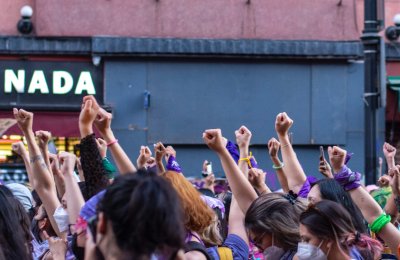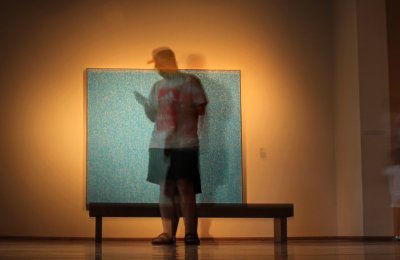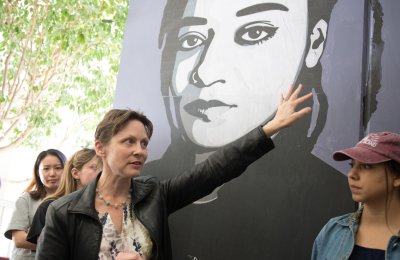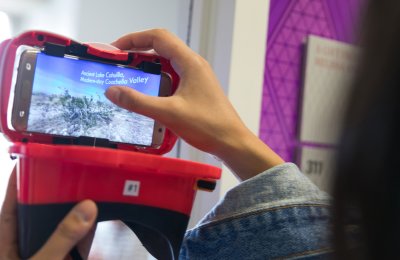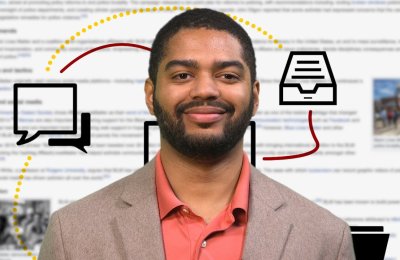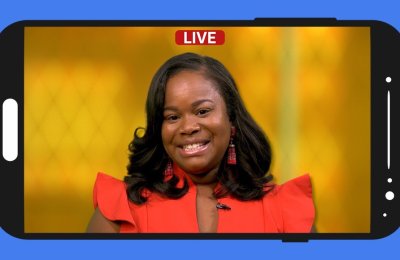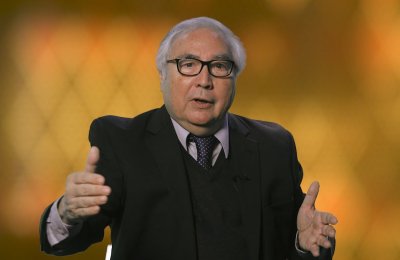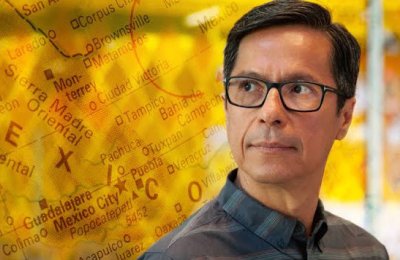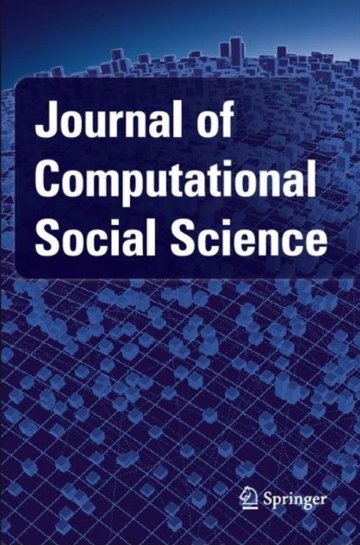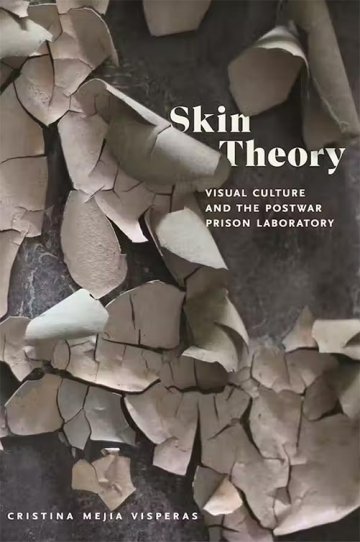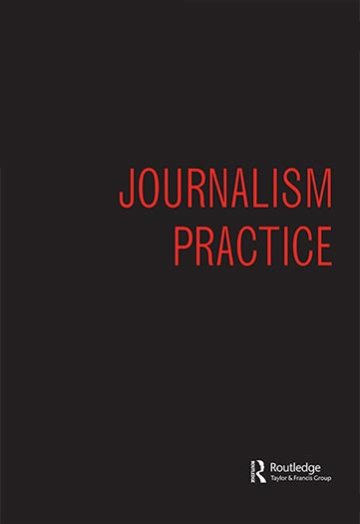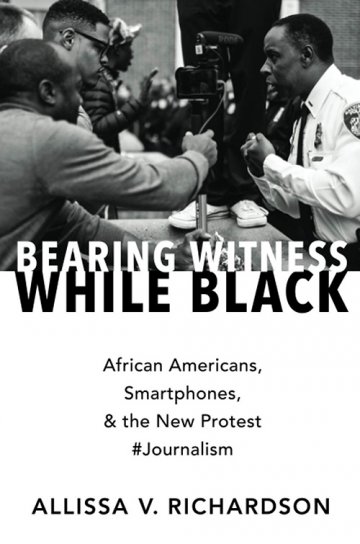Research at USC Annenberg
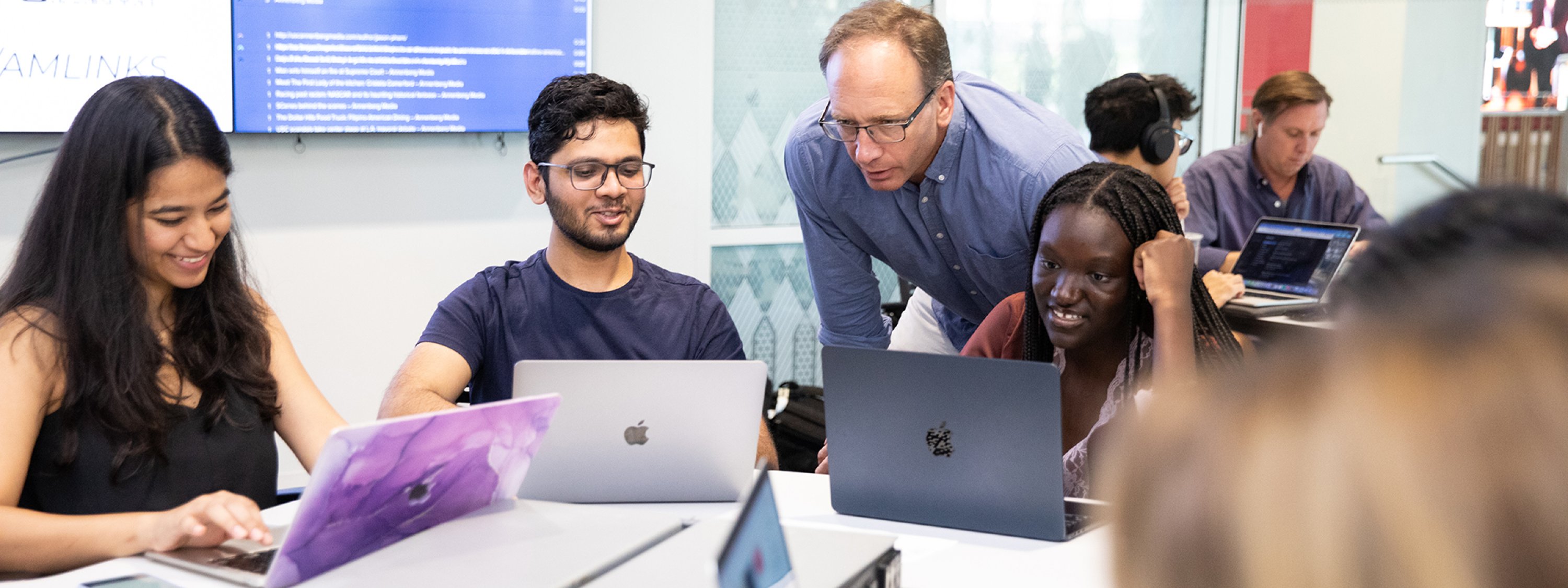
At USC Annenberg, we forge innovative paths of discovery, transcend boundaries, and create interdisciplinary solutions to complex societal and organizational problems.
Our faculty and students generate new knowledge and accelerate positive change across the fields of communication, journalism, public diplomacy, public relations and beyond by catalyzing ambitious new models for trailblazing and collaborative research.
Our portfolio of groundbreaking and news-making research — recognized by a diverse range of prestigious and highly selective granting agencies and foundations such as the National Institutes of Health, National Science Foundation, MacArthur Foundation and Robert Wood Johnson Foundation — shapes academic conversations and engages policymakers, industry leaders and the general public.
Our home within one of the world’s top research universities and in the dynamic, complex, culturally diverse city of Los Angeles provides fertile ground for our research and a distinctive laboratory for the study of civic engagement and social justice; culture and media; health; media industries and journalism; organizations and networks; persuasion and politics; race, ethnicity, gender and sexuality; and science, technology and innovation.
Research areas
Civic Engagement and Social Justice
We study and activate principles of justice, freedom and democracy, and analyze how social justice is catalyzed and communicated through various media platforms and institutional structures.
Culture and Media
Culture gives meaning, form, and direction to our lives. We explore how culture is created and consumed — and how people use it to forge their identities.
Health
Our researchers examine communication processes and effects at different scales to design interventions that can help constitute healthy societies and achieve health equity.
Media Industries and Journalism
From traditional to emerging media, we investigate the ethical, policy, political and cultural dynamics shaping news and media industries.
Organizations, Networks and Groups
We explore the massive amounts of data these networks collect to conduct complex research on large scale social issues, such as crowd-sourcing, political campaigns, international research alliances, financial networks, and more.
Persuasion and Politics
We analyze the strategies and tactics of persuasive communications across diverse fields of advocacy including law, politics, organizations and interpersonal relations.
Race, Ethnicity, Gender and Sexuality
Recognizing that the inclusion and equity of all populations is critical to advancing our fields, our scholars examine how communication influences our perception of race, ethnicity, gender and sexuality.
Science, Technology and Innovation
We investigate how communication technologies and infrastructures are made, the assumptions and investments that drive them, and the power they have to shape public life.
Faculty research
Using narratives to convey health information
Sheila Murphy, professor of communication, created a study to test ways to motivate women to get screening for cervical cancer.
Networks, teams and interactions in the digital age
Using Github and Wikipedia to understand broader trends and patterns in the online community, Marlon Twyman II explores collective memory, collaboration and the Black Lives Matter social movement.
Using mobile technology for citizen journalism
Allissa Richardson’s research on using mobile devices to report on social movements and police violence led to her new book, Bearing Witness While Black: African Americans, Smartphones and the New Protest #Journalism.
The technology revolution
Manuel Castells, University Professor and the Wallis Annenberg Chair in Communication Technology and Society, discusses the new global world emerging from the communication and information technology revolution.
A better news model
Su Jung Kim studies how news organizations can use audience behavior data to understand why users renew or cancel their subscriptions.
Understanding narcoculture in Mexico and the U.S.
Born and raised in Mexico, Professor of Communication Hector Amaya explores how drug violence in the country has captured our imaginations and led to new forms of participation in public culture.
